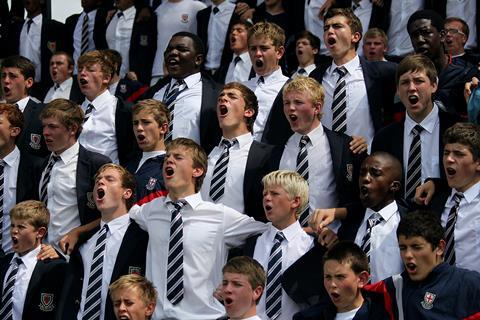
“Well, they’re not social distancing!”
We’re watching news of the American riots. It’s quite telling that, while such pivotal events unfold, this is my first reaction. My head’s still in lockdown-land, reeling with COVID-19 thoughts and wanting to keep everyone safe. I’m not ready for another crisis just yet. Couldn’t we reschedule this for a more convenient time?
Well, no.
Recent racial struggles have left me stunned: watching, praying, signing petitions, writing letters and cheering on those working for equality. But mostly, overwhelmingly, I feel powerless, ill-equipped and a little useless with my small voice. I’m arriving late to the party, needing introvert time to mull things over while others are already out changing the world. It isn’t enough to simply not be racist, but what should I do?
Living in a multi-cultural town, I am always taken aback when I encounter archaic views of racial inequality. Some years ago, a friend of a friend apparently commented that she hates visiting my town. ‘It’s like playing ‘spot the white face’’ she laughed. On hearing this, after calming down, I responded ‘That’s what I love about it.’ I love my children growing up knowing diversity is normal.
What are the roots of this discrimination, this human instinct to want more status and importance than others? Maybe it comes from our desire to feel special; but when we discriminate, it is not our God-given uniqueness speaking but a diseased, poisoned exclusivity. It can reveal itself in something as ignorant as name-calling or as horrific as kneeling on a fellow human being’s neck until he loses all life. Either way the core belief is ugly and misinformed.
With racial discrimination there are centuries of history to unravel. We wipe the surface clean but it is caught in the grooves. We need to listen, to learn about injustices, past and present. Some of this will be painful, like how even the best-intentioned white people have benefitted from a flawed system, and here we can slip into guilt. But guilt doesn’t help. Conscience and voice do.
Peaceful protests are crucial, raising awareness and bringing sustainable transformation. We can’t all manage these, but we can protest in other ways, through petitions, letters and simply speaking truth. Donating to an organisation which champions equality is also a positive step. Grass roots work – respecting differences and demonstrating equality through our relationships and actions – is essential. Here, Jesus gives us the ultimate example and Philippians 2 reminds us to imitate him, considering others above ourselves.
And we can pray. Pray for situations as they arise. Pray for those suffering discrimination. Pray for the perpetrators. Pray in honest self-appraisal asking God to renew a right spirit within us. Pray that justice will roll like a river.
Your voice may feel small, but use that small voice anyway. Use it within the personality God gave you and maybe outside your comfort zone too. Because your small voice may set someone on a different path. Your small voice may be bigger than you think.
Clare O’Driscoll is a language tutor and writer. Read more from her at thewaywardfish.com
Photo by Patrick Case from Pexels


























